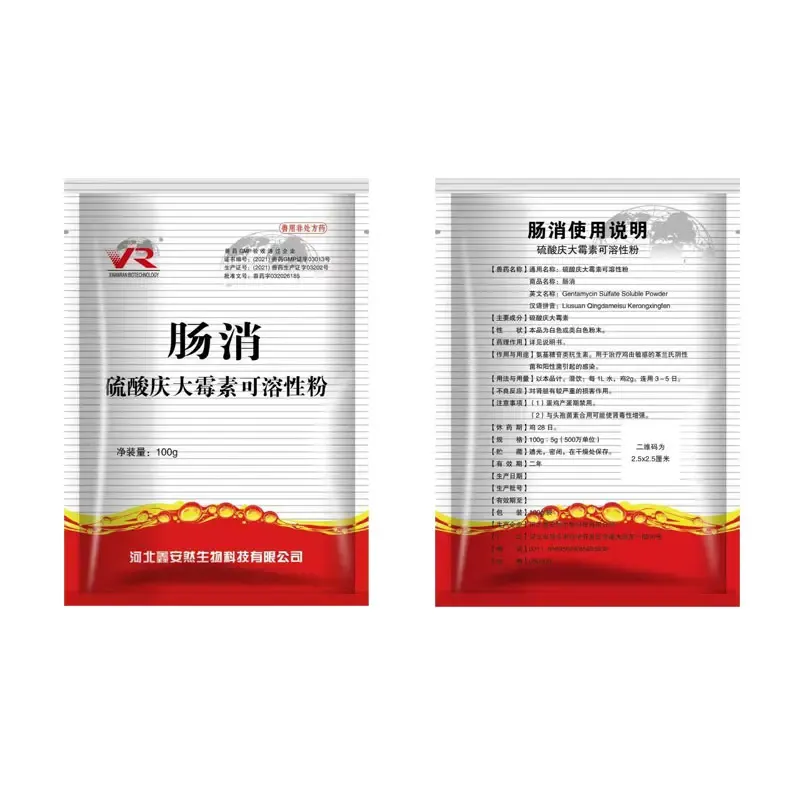- Afrikaans
- Albanian
- Amharic
- Arabic
- Armenian
- Azerbaijani
- Basque
- Belarusian
- Bengali
- Bosnian
- Bulgarian
- Catalan
- Cebuano
- Corsican
- Croatian
- Czech
- Danish
- Dutch
- English
- Esperanto
- Estonian
- Finnish
- French
- Frisian
- Galician
- Georgian
- German
- Greek
- Gujarati
- Haitian Creole
- hausa
- hawaiian
- Hebrew
- Hindi
- Miao
- Hungarian
- Icelandic
- igbo
- Indonesian
- irish
- Italian
- Japanese
- Javanese
- Kannada
- kazakh
- Khmer
- Rwandese
- Korean
- Kurdish
- Kyrgyz
- Lao
- Latin
- Latvian
- Lithuanian
- Luxembourgish
- Macedonian
- Malgashi
- Malay
- Malayalam
- Maltese
- Maori
- Marathi
- Mongolian
- Myanmar
- Nepali
- Norwegian
- Norwegian
- Occitan
- Pashto
- Persian
- Polish
- Portuguese
- Punjabi
- Romanian
- Russian
- Samoan
- Scottish Gaelic
- Serbian
- Sesotho
- Shona
- Sindhi
- Sinhala
- Slovak
- Slovenian
- Somali
- Spanish
- Sundanese
- Swahili
- Swedish
- Tagalog
- Tajik
- Tamil
- Tatar
- Telugu
- Thai
- Turkish
- Turkmen
- Ukrainian
- Urdu
- Uighur
- Uzbek
- Vietnamese
- Welsh
- Bantu
- Yiddish
- Yoruba
- Zulu
8 月 . 12, 2024 17:34 Back to list
Effective Use of Ivermectin Injection for Sheep Health Management and Parasite Control Solutions
Ivermectin for Sheep Injection An Overview
Ivermectin is a widely used antiparasitic agent that has gained prominence in veterinary medicine, particularly for livestock such as sheep. This potent drug effectively treats various internal and external parasites, contributing to the overall health and productivity of sheep populations. Its application in sheep husbandry requires an understanding of its mechanisms, dosage, benefits, and potential drawbacks.
Mechanism of Action
Ivermectin works by binding to specific channels in the parasite's nerve and muscle cells, leading to paralysis and death of the organism. It primarily targets nematodes (roundworms) and arthropods, such as mites and lice, making it versatile for treating multiple infestations. Sheep are particularly susceptible to these parasites, which can significantly impact their health, growth, and wool production if left untreated.
Administration and Dosage
Ivermectin for sheep is commonly administered through subcutaneous injection, ensuring rapid absorption and effectiveness. The standard dosage is typically around 0.2 mg per kilogram of body weight, though this may vary depending on the specific product formulation and the type of parasites being targeted. It is crucial for sheep producers to follow veterinary recommendations and the product label to ensure optimal outcomes and minimize the risk of resistance development.
Benefits of Ivermectin
ivermectin for sheep injection

The benefits of using ivermectin in sheep farms are manifold. Firstly, it significantly reduces the burden of parasitic infections, enhancing animal health and well-being. Healthy sheep show increased weight gain, improved feed efficiency, and better overall productivity, which directly impacts the profitability of sheep enterprises.
Moreover, ivermectin's broad-spectrum efficacy means it can address multiple types of infestations, reducing the need for multiple treatments. This characteristic simplifies the management practices for sheep farmers, saving both time and resources.
Potential Drawbacks and Resistance Issues
Despite its advantages, there are considerations to keep in mind. One major concern is the potential development of anthelmintic resistance. Over-reliance on ivermectin can lead to the emergence of resistant parasite populations, rendering the drug less effective over time. To mitigate resistance, sheep farmers are encouraged to implement integrated parasite management strategies. This can include rotating antiparasitic drugs, using strategic dosing schedules, and incorporating non-chemical control methods, such as pasture management and breeding resistant sheep breeds.
Additionally, there are specific withdrawal times associated with ivermectin injections, especially for sheep intended for meat or milk production. Farmers must adhere to these guidelines to ensure that drug residues do not compromise food safety standards.
Conclusion
Ivermectin has solidified its role as an essential tool in the management of parasitic diseases in sheep. Its efficacy, ease of use, and broad-spectrum activity make it a favored choice among livestock producers. However, awareness of resistance issues and adherence to proper usage guidelines are vital for maintaining its effectiveness in the long term. By integrating ivermectin with responsible management practices, sheep farmers can enhance their flock health while promoting sustainable agricultural practices. With careful consideration and ongoing research, ivermectin will continue to play a significant role in the health management of sheep populations, contributing to the welfare of animals and the economic viability of the sheep farming industry.
-
The Power of Radix Isatidis Extract for Your Health and Wellness
NewsOct.29,2024
-
Neomycin Sulfate Soluble Powder: A Versatile Solution for Pet Health
NewsOct.29,2024
-
Lincomycin Hydrochloride Soluble Powder – The Essential Solution
NewsOct.29,2024
-
Garamycin Gentamicin Sulfate for Effective Infection Control
NewsOct.29,2024
-
Doxycycline Hyclate Soluble Powder: Your Antibiotic Needs
NewsOct.29,2024
-
Tilmicosin Premix: The Ultimate Solution for Poultry Health
NewsOct.29,2024













